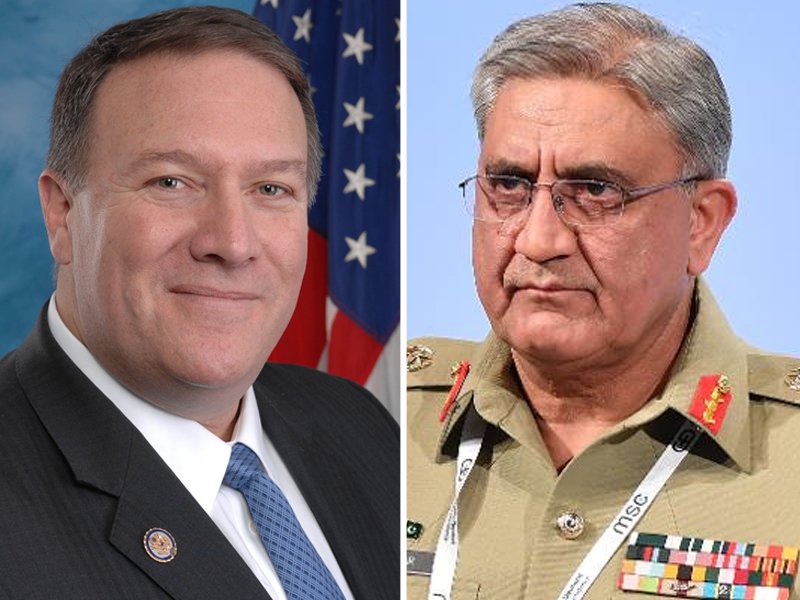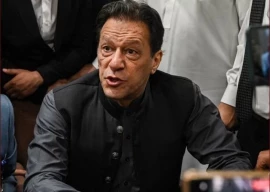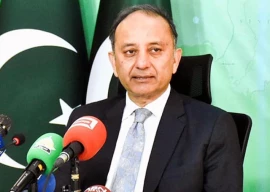
Major General Qassem Soleimani, the head of the elite Quds force and spearhead of Iran’s spreading military influence in the Middle East, was killed on Friday when US military helicopters targeted his vehicle at Baghdad airport, the Pentagon confirmed.
Tehran has vowed “crushing revenge” for the air raid in which top Iraqi commander Abu Mahdi al Muhandis, an adviser to Soleimani, was also killed. The high-profile assassination escalated tensions in the Middle East region.
“Pakistan’s Chief of Staff General Bajwa and I spoke today about US defensive action to kill Qassem Soleimani,” Pompeo wrote on Twitter.
“The Iran regime’s actions in the region are destabilising and our resolve in protecting American interests, personnel, facilities, and partners will not waver,” he added.
#Pakistan's Chief of Staff General Bajwa and I spoke today about U.S. defensive action to kill Qassem Soleimani. The #Iran regime’s actions in the region are destabilizing and our resolve in protecting American interests, personnel, facilities, and partners will not waver.
— Secretary Pompeo (@SecPompeo) January 3, 2020
Pakistan Army later confirmed the interaction, saying regional situation including possible implications of the recent escalation in Middle East was discussed during the telephonic conversation.
Iran vows 'crushing revenge' after commander Soleimani killed in US air strike
“COAS emphasised need for maximum restraint and constructive engagement by all concerned to de-escalate the situation in broader interest of peace and stability. COAS also reiterated the need for maintaining focus on success of Afghan Peace Process,” it read.
COAS emphasised need for maximum restraint and constructive engagement by all concerned to de-escalate the situation in broader interest of peace and stability. COAS also reiterated the need for maintaining focus on success of Afghan Peace Process.(2of2).
— DG ISPR (@OfficialDGISPR) January 3, 2020
The escalation in tensions in the Persian Gulf region will surely have serious implications for Pakistan.
Islamabad, meanwhile, issued a carefully drafted statement, expressing “deep concern with the recent developments in the Middle East, which seriously threaten peace and stability in the region”.
The official statement issued by the Foreign Office did not explicitly mention the assassination of General Soleimani.
“Respect for sovereignty and territorial integrity are the fundamental principles of the UN Charter, which should be adhered to. It is also important to avoid unilateral actions and use of force,” the statement read.
“All parties are urged to exercise maximum restraint, engage constructively to de-escalate the situation, and resolve issues through diplomatic means, in accordance with UN Charter and international law,” it further said.

1725783822-0/Tribune-Pic-(15)1725783822-0-165x106.webp)






1732513395-0/Copy-of-Untitled-(75)1732513395-0-270x192.webp)








COMMENTS
Comments are moderated and generally will be posted if they are on-topic and not abusive.
For more information, please see our Comments FAQ